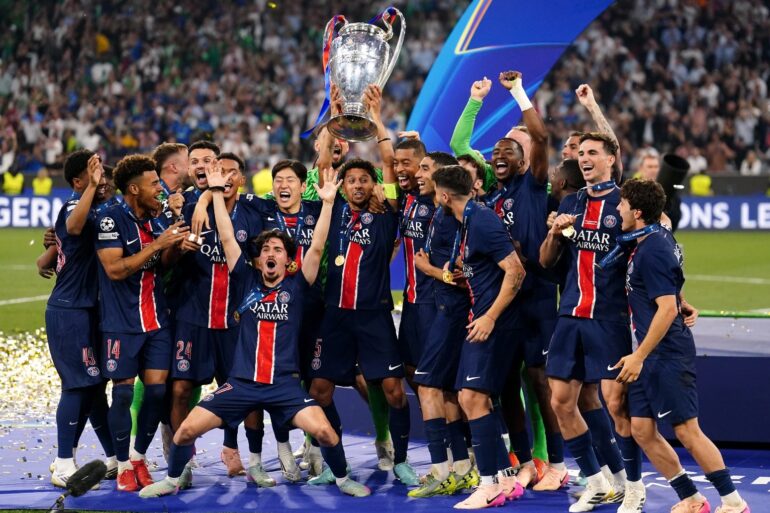-
 play_arrow
play_arrow
Kl 1 Radio Local radio for west Norfolk
-
 play_arrow
play_arrow
KL DISCO KL Disco Playing Disco Music from the 70's onwards.24/7
-
 play_arrow
play_arrow
KL COUNTRY KL COUNTRY Playing New and Classic Country Music 24/7
-
 play_arrow
play_arrow
KL ROX KL ROX The best of New and Classic Rock.24/7
-
 play_arrow
play_arrow
KL SUMMER Summer Vibes 24/7 from KL1 Radio across West Norfolk
-
 play_arrow
play_arrow
KL CLASSICAL Your Symphony Starts Here
-
 play_arrow
play_arrow
KL CHILL Just Chill!
-
 play_arrow
play_arrow
KL POP The Best POP Hits all day Long!
-
 play_arrow
play_arrow
KL XTRA KL XTRA
music_note
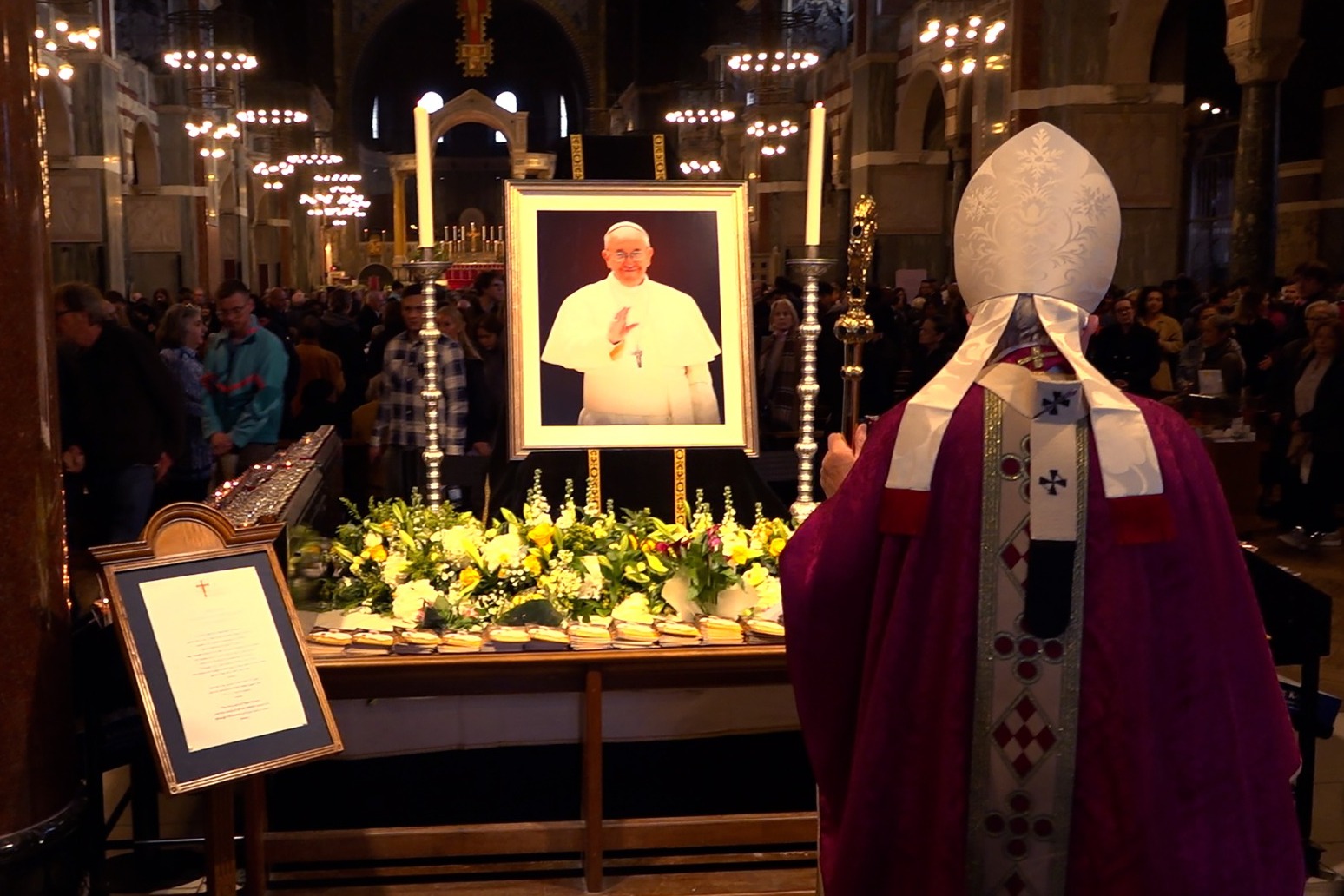
The secret meeting to elect the leader of the world’s Catholics is set to begin, bringing with it the intrigue of an ancient system of anonymous voting in Vatican City.
Following a special mass in St Peter’s Basilica, the group will go into the Sistine Chapel where they will have no contact with the outside world until white smoke rises into the air in Vatican City to confirm there is a new pope.
Up to four votes will be had each day apart from the first, as proceedings will not get under way until the afternoon.
Cardinal Vincent Nichols, who is one of more than 130 electors entering conclave on Wednesday, said he feels “quite intimidated” knowing the world is watching to see who they choose.
The cardinal, who is also Archbishop of Westminster, told the PA news agency: “Before going into the conclave, we will have met almost 10 times in the formal meetings of the Congregation of Cardinals.
“These meetings, which have been long and during which we have been very attentive to the contributions from cardinals across the world, now lead us to the conclave at which only those under 80 who will vote for the next pope in the Sistine Chapel attend.
“During these days we have got to know each other and to appreciate the variety of gifts, insights and dedication among us. It is a truly universal church and a reflection of the breadth and diversity of human experience.”
This conclave will have more cardinals from Africa and Asia than previous meetings, mostly chosen by the late Francis.
Cardinal Nichols, who is taking part in his first conclave, has previously spoken of the weight on the shoulders of the electing cardinals, knowing theirs is a choice which will have significant consequences for the Church on the world stage.
On the eve of the meeting, he told PA: “Going into the conclave I feel quite intimidated knowing that the outcome of this election is awaited by people all over the world and of many faiths.
“The voice of the pope, especially following Pope Francis, can serve as a call to everyone to fashion a society more fitting to the dignity of every human. That is a big call.”
He said cardinals are entering the meeting “in a profound spirit of prayer and attentive to the promptings of the Holy Spirit who will, I am sure, guide our decisions”.
The cardinal, from Liverpool, added: “I do hope that Catholics and indeed all people will say a prayer asking for God’s blessing at this important moment.”
Asked about his thoughts on the kind of qualities necessary for the top role in the Church, he said: “I hope that the next pope will be, in his own manner of acting and speaking, an attractive expression of the invitation of God in Jesus Christ for all people to know that they are loved by God and destined for glory.”
He has previously effectively ruled himself out of the running to be the next pontiff, describing himself as “too old, not capable”.
The cardinals have a “hugely responsible task” ahead of them and will not want to appear divided in their efforts, according to one UK theologian.
Cardinal Nichols is one of five cardinals across the UK and Ireland, although only three – himself, Cardinal Timothy Radcliffe and Rome-based Cardinal Arthur Roche – are younger than 80 and therefore of voting age.
Professor Anna Rowlands, who spent two years seconded to the Vatican during Francis’s papacy, said the cardinals will want to choose someone who can lead the Church “into a new moment” rather than simply replacing a man whose popularity saw him dubbed “the people’s pope”.
The professor of Catholic social thought and practice at Durham University told PA: “The cardinals will have had just over a week to meet and discuss openly their priorities and to try to work together to discern who they think God is calling to be the successor to St Peter.
“In their minds this isn’t so much a replacement for Francis as a moment where they are trying to work out which of them could lead the Church into a new moment.
“Formal and informal meetings have been preparing them for that hugely responsible task of voting in conclave from May 7. And the eyes of the world will be watching.
“No-one can be sure of the length of the conclave itself but one can assume the cardinals would prefer days rather than weeks. They will want to choose very carefully but also appear united rather than divided.”
A two-thirds majority is required for someone to be elected.
The anonymous ballots are burned after voting, with black smoke from the chimney of the Sistine Chapel indicating no-one has been elected but white smoke confirming a new pope has been chosen.
Published: by Radio NewsHub

Similar posts
Upcoming shows

Kelvin Scott – Weekend Breakfast
8:00 am - 11:00 am
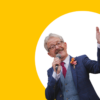
Richard Tree – Sunday Swing Thing
11:00 am - 1:00 pm

Darren Furzey – Classic Hit Weekend
1:00 pm - 3:00 pm
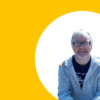
John Atkins – Sunday 60’s and 70’s
3:00 pm - 6:00 pm

Frank Hopping – Real Music Society
6:00 pm - 8:00 pm
-
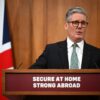
Starmer Wave of investments will make military an integrated fighting machine

Picture This: 1950s dogs with freshly painted nails and perfectly coiffured hairdos
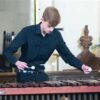
New initiative launched for young classical musicians
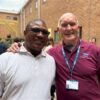
New garden will give a big boost to stroke rehabilitation at hospital

Lots of tips for growing the best tomatoes
Message Us
Copyright The Mediasite UK - 2025


